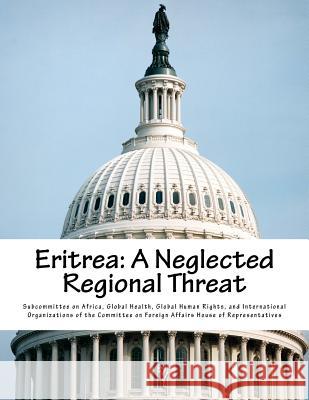Eritrea: A Neglected Regional Threat » książka
Eritrea: A Neglected Regional Threat
ISBN-13: 9781541230132 / Angielski / Miękka / 2016 / 84 str.
In 1993, the citizens of Eritrea, then a province of Ethiopia, voted to become an independent nation. The citizens of Eritrea, which been had annexed by Ethiopia in 1962, no doubt believed that they were well on their way to controlling their own destiny. Unfortunately, their hopes would soon be dashed. Elections have been repeatedly postponed. Opposition political parties are no longer able to organize. The initial hopes for democracy and good government in Eritrea were also held by the international community. In March 1997, in a report by the U.S. Agency for International Development program in the country, the American aid agency had high praise for its collaboration with the government. It said, in part, "Over the past year the young state of Eritrea continued its exciting and pace-setting experiment in nation building and similarly USAID Eritrea established itself as Eritrea's leading development partner." Within a few years, however, the Government of Eritrea ended its relationship with USAID. Eritrea's Government became less open. Today, we know that two-thirds of Eritreans live on subsistence agriculture. We also know that Eritrea's citizens are living under a regime that does not honor human rights. After 25 years of independence, Eritrea today stands as a country best known for its emigration--out of a population of approximately 3 1/2 million people, an estimated 5,000 people a month flee the country--and its poor record on human rights.
Zawartość książki może nie spełniać oczekiwań – reklamacje nie obejmują treści, która mogła nie być redakcyjnie ani merytorycznie opracowana.











